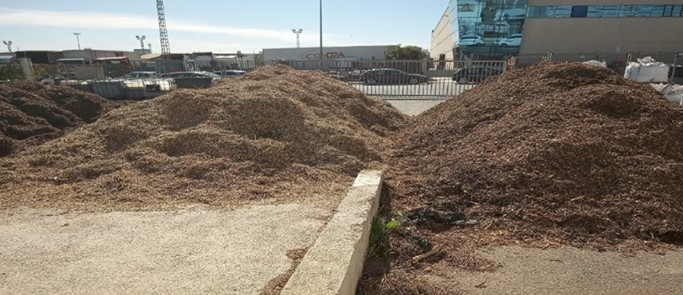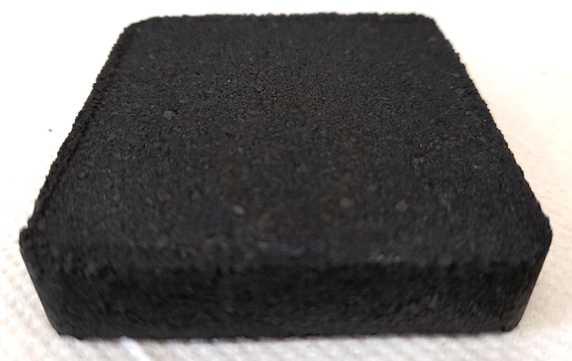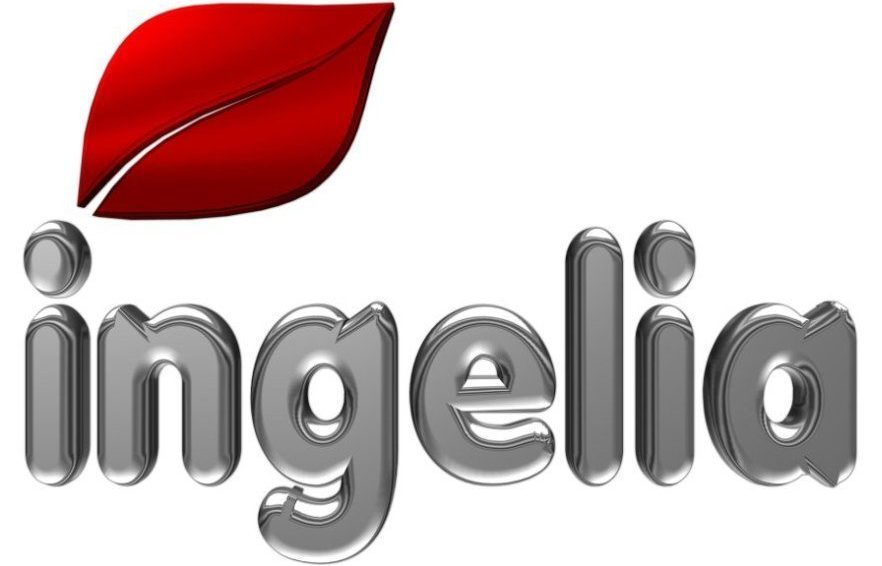The R&D project “Research on the industrial valorisation of indigenous biomass and cotton waste from the textile sector through a hydrothermal carbonisation process for the furniture and construction sectors” carried out by a consortium including Ingelia, Indutec, ADIMME (Metalworking, Furniture, Wood, Packaging and Related Industries Technological Institute) and ITQ (Chemical Technology Institute), has recently been completed.
The project began in November 2022 with the aim of developing new boards from waste that is abundant in the Valencian Community, such as waste generated by the textile sector and remains of plant material present in agricultural and mountain areas. This objective facilitates industrial symbiosis and the circular economy in the Valencian Community, as well as contributing to reducing CO2 emissions.
It should be noted that the project has received public support from the AVI (Valencian Innovation Agency), which in turn has funding from the European Union through the Operational Program of the European Regional Development Fund (ERDF) of the Valencian Community 2021-2027.

TABIOL, from waste to products
The results of the project show that bioproducts can be obtained from plant remains in agricultural and forestry environments, which represent a threat to the environment, among other factors, due to the risk of uncontrolled fires. It has also shown that a solution can be offered to valorise the waste generated by the textile sector, as well as to take advantage of the clothing and household textiles that citizens throw away and that either end up incinerated or in the landfill.

Biomass waste from Pinus halepensis and Olea europaea
Such waste can be transformed into high added value products for the furniture and construction sector, subjecting it to a carbonisation process with water at high temperatures and pressures, known as hydrothermal carbonisation. The result is a solid similar to natural coal, called hydrochar. A material that has been used mainly for energy purposes to date, and which now has an alternative and sustainable use as a raw material for the manufacture of boards and panels.

Pre-board obtained in the Tabiol project
Hydrothermal carbonization offers advantages over other alternatives on the market. Firstly, it allows wet biomass, unlike pyrolysis or gasification, which require prior treatments to reduce the water content, with the economic and time costs that this entails. Furthermore, hydrothermal carbonisation allows for the treatment of different types of materials, which expands the possibilities for waste recovery.
The eco-boards that have begun to be manufactured within the framework of this project have proven to be more sustainable and biodegradable, while maintaining properties comparable to those manufactured with virgin raw materials. In addition, the first studies also support the viability of recycling and subsequent reuse at the end of their useful life to manufacture new products.
The project is thus aligned with the conclusions of two specialised innovation committees promoted by Ivace+i Innovation. Specifically, the Circular Economy committee advocates achieving a more efficient recovery of waste through R&D&I, while the Sustainable Habitat committee defends the implementation of more sustainable materials and construction systems, through the development and implementation of energy-efficient, reusable, biodegradable, sustainable and safe materials that extend their useful life and increase their durability.

 Castellano
Castellano English
English